Instances of misleading ads by educational institutes are on the rise
Amongst the key provisions newly introduced in the Act, are those on Misleading Advertisements. We are currently witnessing the ‘admission to education institutes’ season, given the delay this year on account of the Pandemic. Linked to it, are the advertisements being released since the past quarter to attract interested parents and students to seek admission in the institute. Similarly, coaching classes are heavily advertising to seek students to join their batches. While this is legally permitted, a number of the said Institutes and Coaching Classes are engaging in making 'Misleading claims' with regard to their ranking, campus placements, toppers, etc. Advocate Aazmeen Kasad has listed these for the benefit of the advertising community and also referred to a few judicial precedents which deal with the same.
Also read: Bait Marketing: The ‘truth’ behind sales, discounts and bargains
Although delayed by a couple of months this year, it’s that time when parents are at their anxious-best to secure admissions in the premier educational institutions of the country for their children.
Securing admission into a reputed school, college or higher education institution leads one to believe that the future of the child is in safe hands and that he/ she will not only be the recipient of good education, but also a good job subsequently.
So, what do parents and children look for while short-listing the schools/ colleges/ higher education institution (and therefore, the ‘Coaching Class’ which can assure that the child will either pass (i) the entrance exam to get admission or, (ii) once admitted, the selected course with the highest conceivable results)?
They would seek an educational institution with (i) a good academic record, (ii) accreditation, (iii) recognition in terms of awards, (iv) campus placement offers (to get jobs directly via the institute rather than scout for one in the market), and (v) facilities (both academic and non-academic). In the absence of a central repository of data on Educational Institutions in India, parents depend on claims made in the advertisements by the advertisers (educational institutes and coaching classes).
00#Naturally, latching on the aspirations of the parents and the students, these are typically the claims that surface in almost every educational institution advertisement that is published in any media (print, digital, radio, television, etc.) given that most of us will agree that ‘Education’ is big business in India, like in some other parts of the world.
While true representations or claims assist parents and students in selecting the right educational institution or coaching class, an untrue or misleading claim can cost the parent/ student not only money paid as fees, but also cause disappointment and a career loss.
Instances of misleading advertising by educational institutes are on the rise, with several educational institutes making a claim of recognition or accreditation or affiliation in its advertisements without having any substantiation for the same. Others make claims related to 100% job placement guarantees which are not based on past or present data. Yet some, claim to place the names, photographs and rank of students having secured top marks as being alumni of the institute/ coaching class when that is not the case. A few institutes make superlative claims to be the best or top ranked Institute in the State where they are located, without citing any basis of making the claim. Some, even go so far as claiming that they are recipients of awards when in reality the awards are not from any recognised, credible, independent bodies which employ ethical processes, protocols & research or the award received and the claim made are not the same or the awards are dated and not current. In certain cases, institutes have used representation images of their institute which do not reflect the reality of the infrastructure of the institute.
All of the above examples constitute what is termed as an ‘Unfair Trade Practice’ per section 2(47) of the Consumer Protection Act, 2019 (the ‘Act’). An ‘unfair trade practice’ means a trade practice which, for the purpose of promoting the sale, use or supply of any goods or for the provision of any service, adopts any unfair method or unfair or deceptive practice, including any of the following practices, namely making any statement whether orally or in writing or by visible representation including by means of electronic record, which (d) represents that the services have sponsorship, approval, performance, characteristics, accessories, uses or benefits which such services do not have; or (e) represents that the seller or the supplier has a sponsorship or approval or affiliation which such seller or supplier does not have; or (h) makes to the public a representation in a form that purports to be(A) a warranty or guarantee of any goods orservices;if such purported warranty or guarantee or promise is materially misleading or if there is no reasonable prospect that such warranty, guarantee or promise will be carried out.’
In the case of Bhupesh Khurana & Ors. Vs. Vishawa Buddha Parishad & Ors II (2001) CPJ 74 (NC), the National Commission was of the view that the representation given in the advertisement that the college was under Magadh University and by the Dental Council of India could be taken by a common person to mean that the college had been given recognition by the Dental Council of India and was affiliated to the Magadh University. The National Commission laid down that imparting education by an educational institution for consideration falls within the ambit of ‘Service’ as defined in the Act. As fees were paid for services to be rendered by way of imparting education by the educational institutions, the complainants had hired the services of the respondent for consideration so they were ‘consumers’ as defined in the Act. A similar view was held by the National Commission in Ravinder Singh Vs. Maharashi Dayanand University (iii) (1997 CJ) 36l. National Commission. This position is now a grey area since the National Commission has recently held that ‘education is not a commodity and students are not consumers.’
The National Consumer Disputes Redressal Commission (NCDRC) observed while hearing a batch of petitions filed by students against colleges, universities that, “We are of the opinion that any defect or deficiency or unfair trade practice pertaining to a service provider like coaching centres does fall within the jurisdiction of the consumer fora.”
Advertisements with untrue claims can be held to be an ‘unfair trade practice’ by the advertiser. Such advertisements not only create disappointment in the minds of the consumers, but also result in a breach of trust, and ultimately loss of goodwill.
In light of the newly introduced provisions under the Act, which came into force from July 20, 2020, it is advisable for not only the advertisers and the endorsers, but also the publishers of the advertisements to exercise caution on the offers that form part of the advertisement of the goods/ services. Under the Act, any advertiser, trader, publisher and endorser found to be guilty of a false or misleading advertisement, may receive an order from the Central Consumer Protection Authority, with directions to the concerned trader or manufacturer or endorser or advertiser or publisher, as the case may be, to discontinue such advertisement or to modify the same in such manner and within such time as may be specified in that order. If the Central Authority is of the opinion that it is necessary to impose a penalty in respect of such false or misleading advertisement, by a manufacturer or an endorser, it may, by order, impose on manufacturer or celebrity endorser a penalty which may extend to Rs 10 lakh in the first instance and for every subsequent contravention by a manufacturer or endorser, a penalty, which may extend to Rs 50 lakh may be imposed. Additionally, where the Central Authority deems it necessary, it may, by order, prohibit the celebrity endorser of a false or misleading advertisement from making endorsement of any product or service for a period which may extend to one year in the first instance which may extend to three years for every subsequent contravention. Any person found to publish, or is a party to the publication of a misleading advertisement, except in the ordinary course of his business, may be penalisedwith a fine which may extend to Rs 10 lakh. The defence that the false or misleading advertisement was published in the ordinary course of business shall not be available to such person if he had previous knowledge of the order passed by the Central Authority for withdrawal or modification of such advertisement.
The ensuing Parts of the series will pertain to various other aspects of what constitutes Misleading Advertising and key judicial precedents on the same.
(Advocate Aazmeen Kasad is a practicing corporate advocate with over 20 years of experience, with a focus on the Media, Technology and Telecom industries. She is also a professor of law since 13 years. She is a member of the Consumer Complaints Council of the Advertising Standards Council of India. She is a speaker at several forums.)



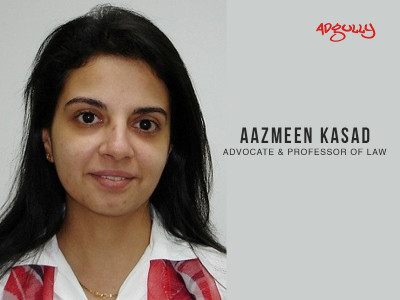

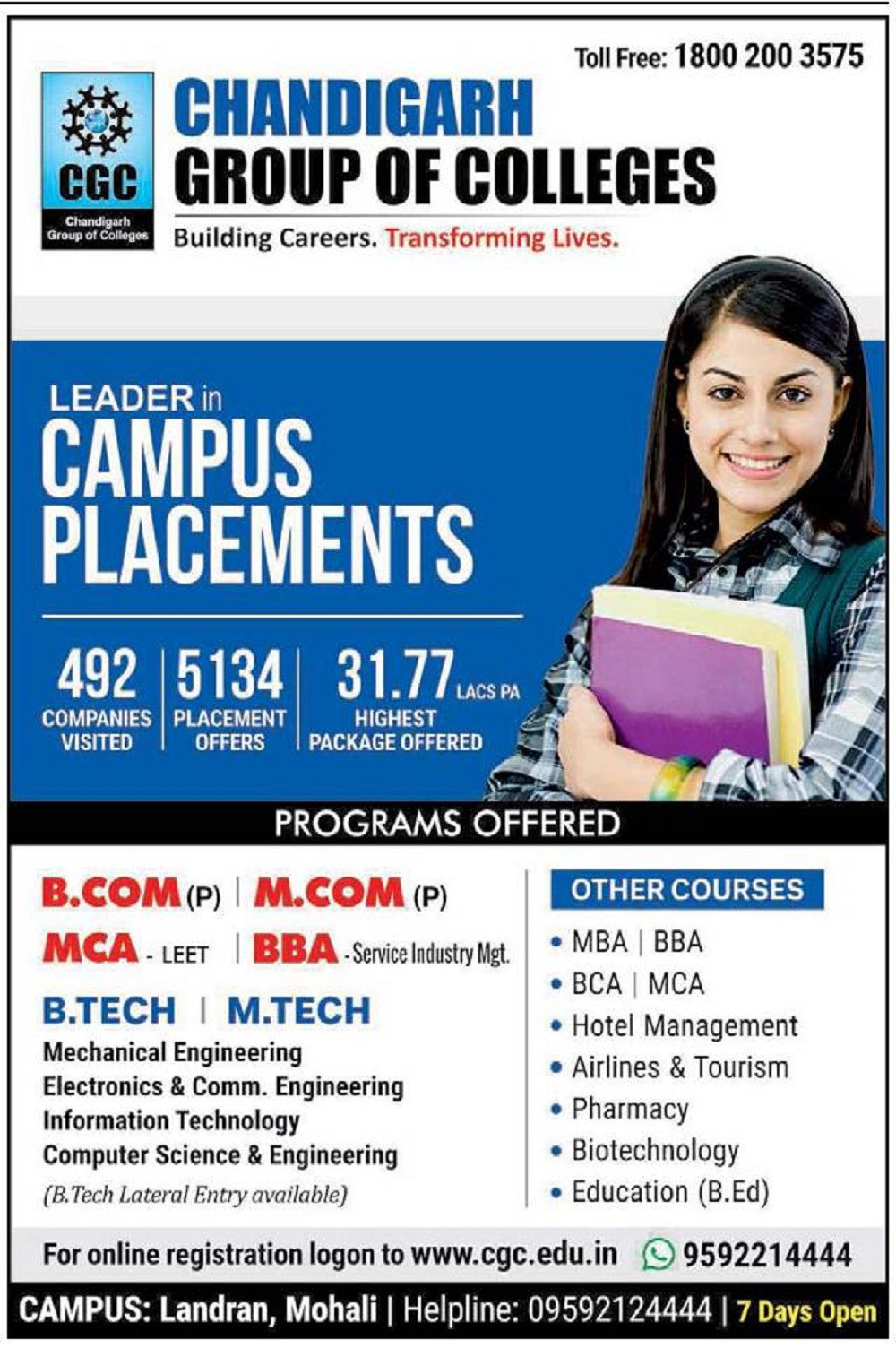
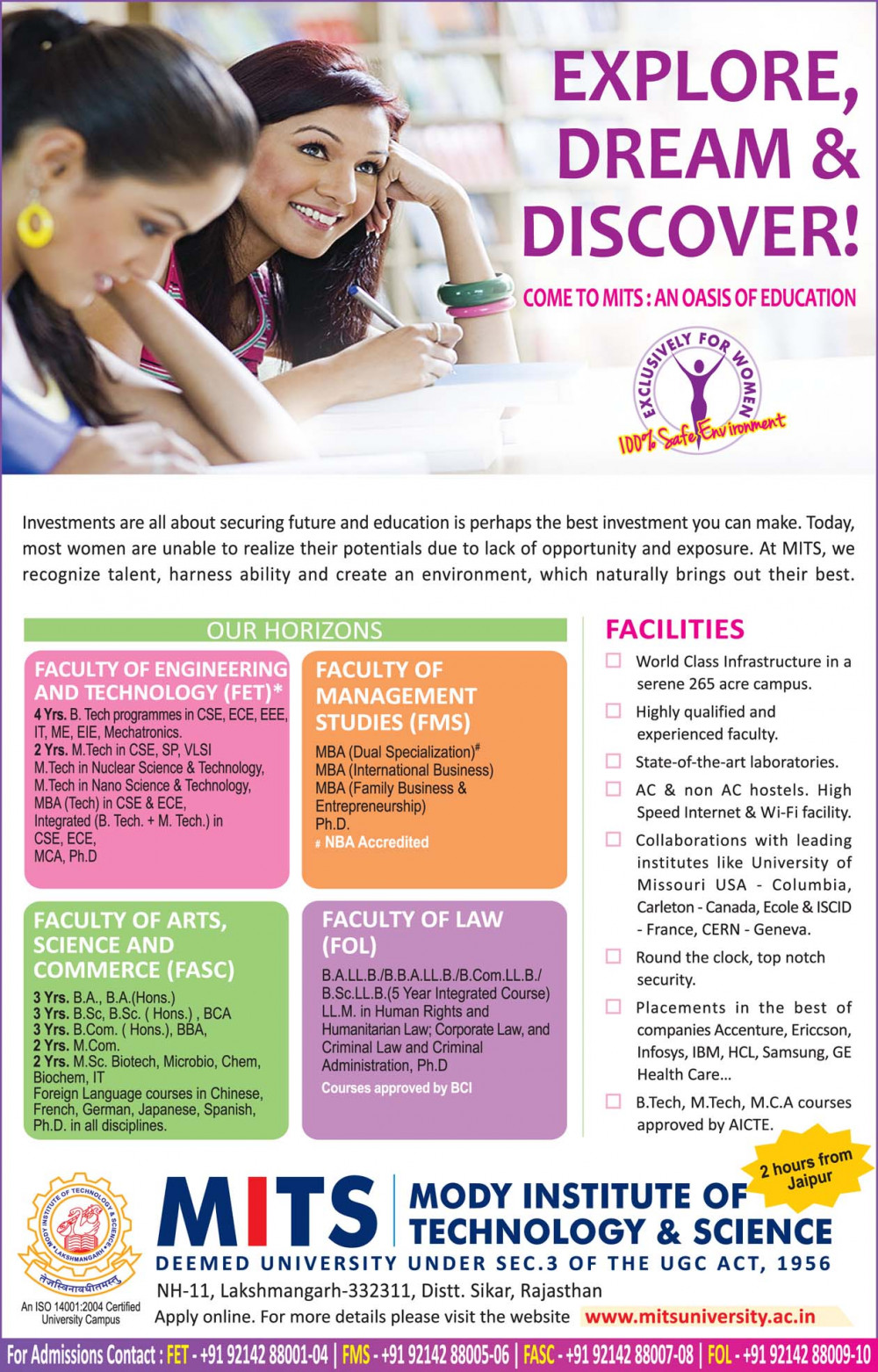
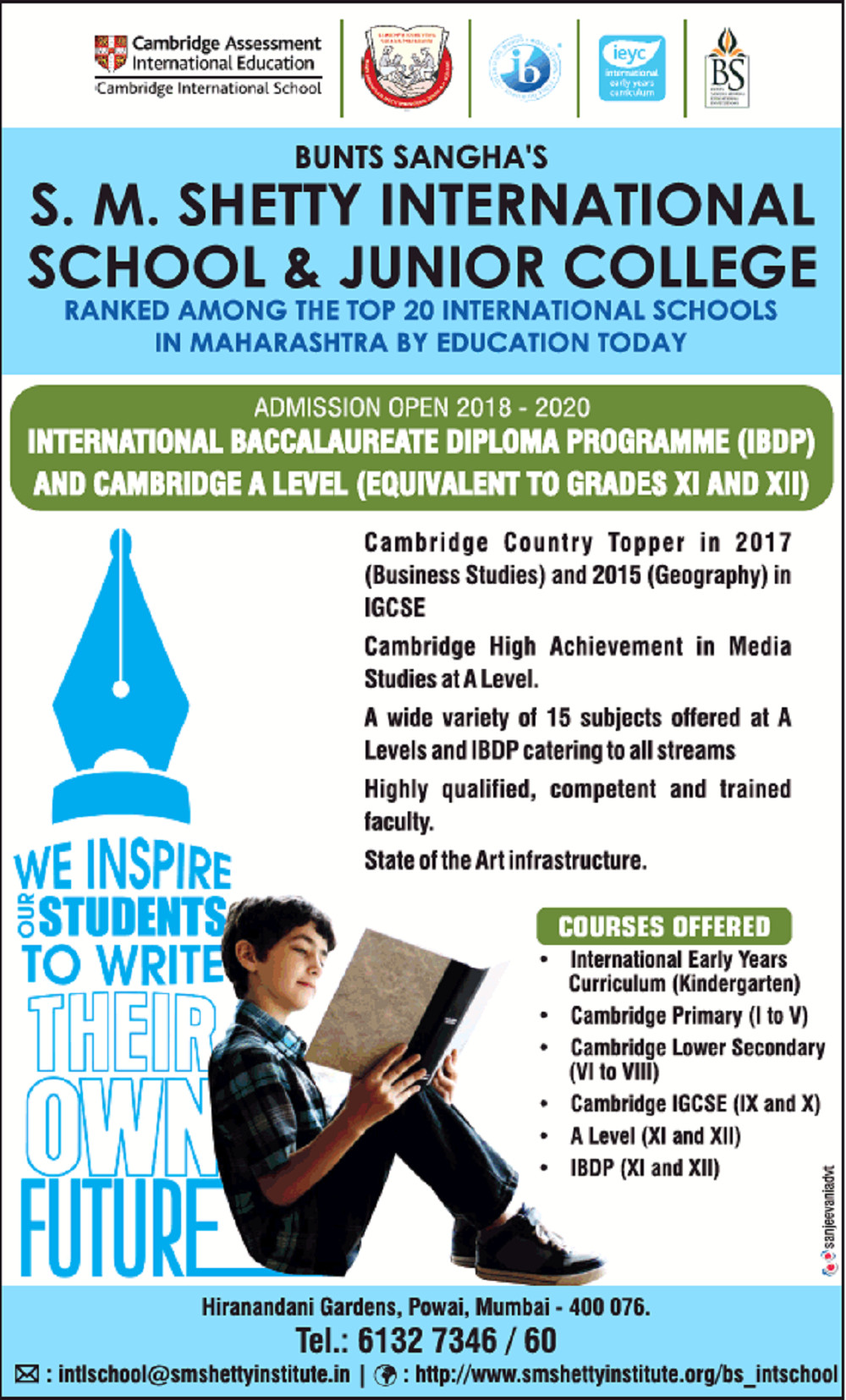

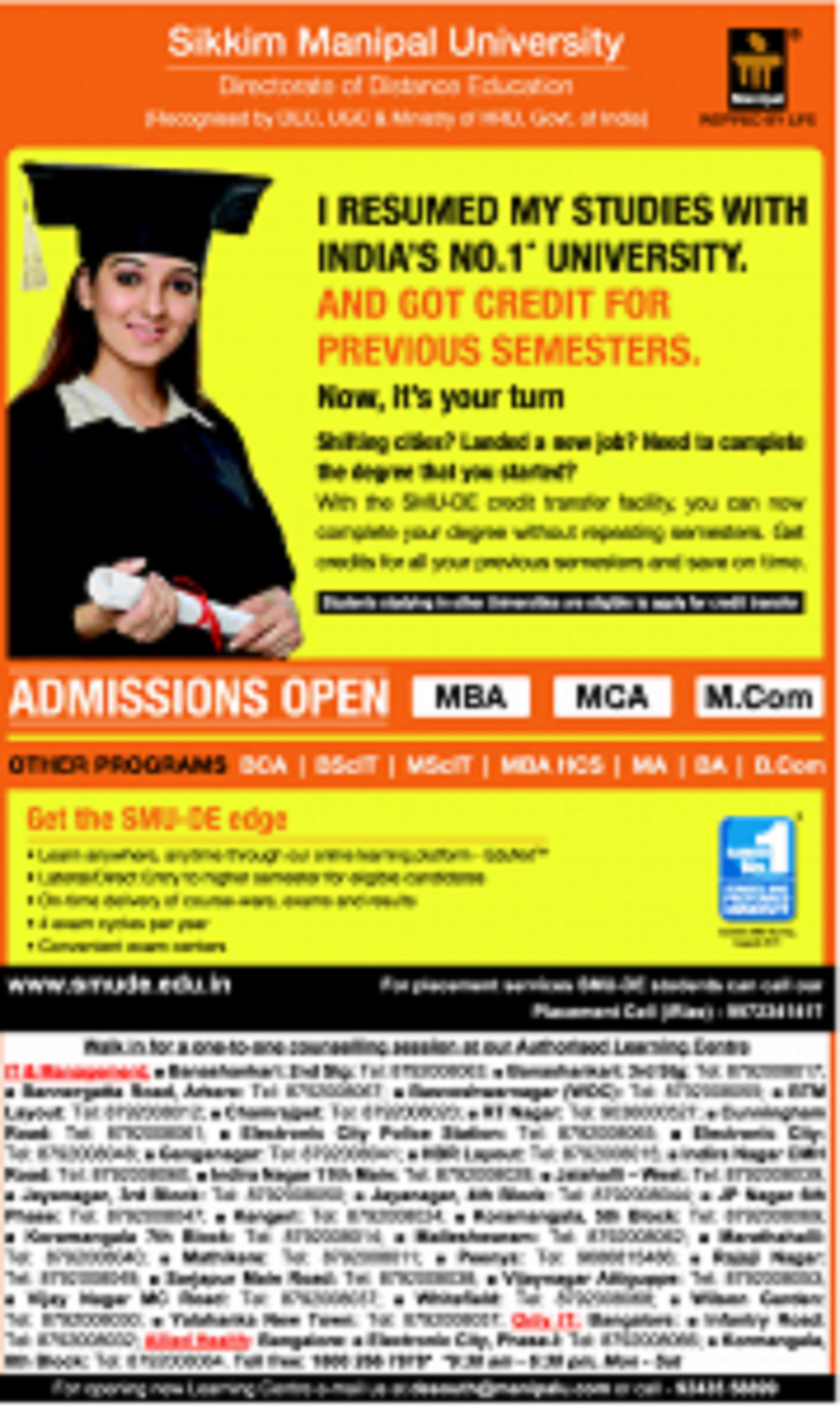
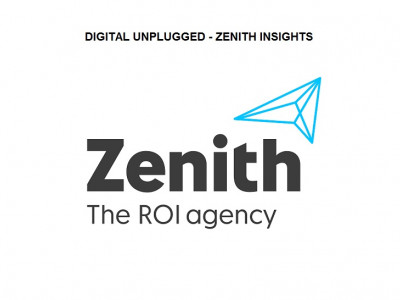

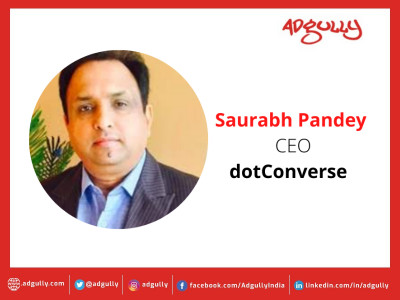

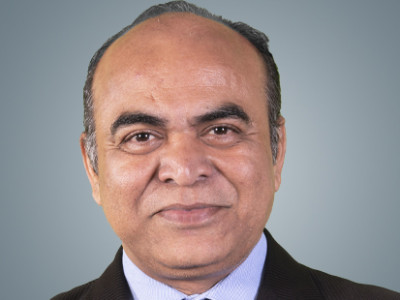



Share
Facebook
YouTube
Tweet
Twitter
LinkedIn